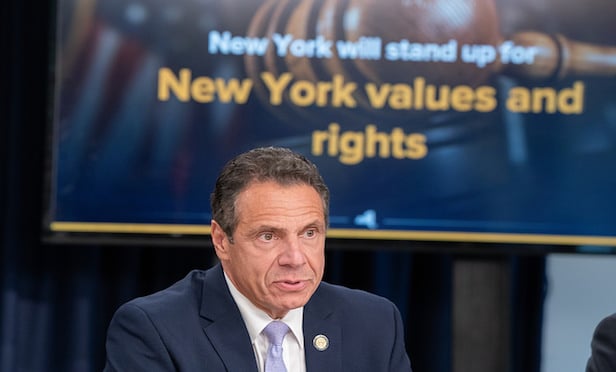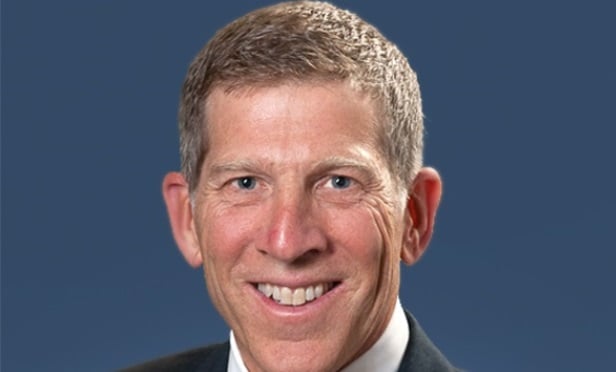(Save the date: RealShare Los Angeles comes to the Hyatt Regency Century Plaza in Los Angeles, CA, on March 27, 2013.)
LOS ANGELES-Protests opposing a new tax that would charge a fee on every piece of property within L.A. County are due in to the County by January 15. On November 30, 2012, the County sent out notices about the proposed tax with a protest form to all property owners. According to the chairman of NAIOP SoCal's legislative affairs committee Kevin Ivey, the organization “urges all property owners to mail the protest form to the County to stop another new tax that will simply take more money out of the hands of every single residential and commercial property owner at a time when people are struggling to make ends meet and we are struggling as a region to realize any form of economic recovery.”
The program proposed by the County, on which this tax is based, is called the “Flood Control District Water Quality Improvement Program.” It levies a “Water Quality Fee” on all properties, which NAIOP SoCal believes is actually a tax that would appear on each annual property-tax bill.
Ivey argued in a prepared statement that “there is a huge regulatory system already in place to address water quality. It includes a Federal Clean Water Act, State Clean Water Act, Regional Water Quality Control Boards that create regulations governing water runoff and L.A. County's ordinances and rules imposing development standards to address clean-water issues.” Issues surrounding clean water are already being addressed through the appropriate regulatory agencies and by the private sector, and they're working, Ivey said.
Additionally, he added, this tax would impact every residential property and take more money out of the hands of consumers at a time when people are struggling just to get by. “We need to increase, not decrease, consumer spending if we are to achieve any economic recovery.”
Of even greater concern, Ivey argued, is that this news comes on the heels of the recent passage of Proposition 30, on which GlobeSt.com previously reported. And, he said, the Storm Water parcel tax “seems like an end-run around Proposition 13 protections against just this kind of continued tax increase.”
Also, there's no indication of how the $270 million a year that the tax will take out of the economy will be spent, Ivey said. “Not one potential project is referenced. It is specifically stated the tax must be passed first, and then projects will be determined. No other sector of our economy allows a blank check to be written like this.”
If you have any comments on the proposed tax, or take an opposing view to NAIOP SoCal's stance on it, please take advantage of GlobeSt.com's new InterActive format and add your comments below.
According to L.A. County's website, engineering studies commissioned by the District and other agencies show that it will cost billions of dollars to clean up all of the county's waterways, and “no agency or city has enough money to fully meet the clean water challenge.” The County maintains that the fee is “not the same as a tax. While a tax is charged to an individual or business and benefits the public broadly, fees are highly specific—they can only be charged to property owners for a service directly related to that property. In this case, the Clean Water Fee charges property owners for the cost of cleaning up polluted water runoff that flows from developed properties.”
The County adds that all industrial, commercial, and residential parcels within District boundaries would pay the fee at different rates. “For example, residential properties could pay less than commercial and industrial properties, which generate more urban runoff, and larger properties could pay more than smaller properties. Engineers determine this amount based on the property's size and use.”
Moreover, the County indicates that the typical residential fee would be $54 a year and that the fee will remain the same since by law it cannot be raised unless property owners vote to raise it. “The Board of Supervisors will make the final determination of a proposed fee rate, which would then need to be voted on.”
Also, the County says that the revenue from the Clean Water Fee could only be used for projects to clean up waterways—it cannot be taken by the State or any other jurisdiction or redirected for any other purpose. It adds that the measure is being proposed in accordance with California Assembly Bill No. 2554 and Articles XIII C and D of the California State Constitution, also known as Proposition 218.
Want to continue reading?
Become a Free ALM Digital Reader.
Once you are an ALM Digital Member, you’ll receive:
- Breaking commercial real estate news and analysis, on-site and via our newsletters and custom alerts
- Educational webcasts, white papers, and ebooks from industry thought leaders
- Critical coverage of the property casualty insurance and financial advisory markets on our other ALM sites, PropertyCasualty360 and ThinkAdvisor
Already have an account? Sign In Now
*May exclude premium content© 2024 ALM Global, LLC, All Rights Reserved. Request academic re-use from www.copyright.com. All other uses, submit a request to [email protected]. For more information visit Asset & Logo Licensing.








